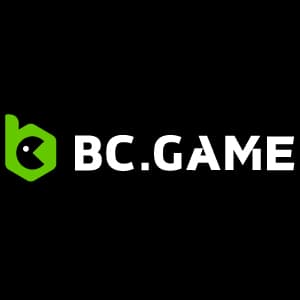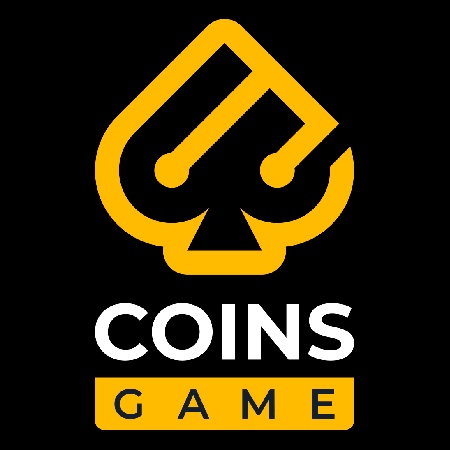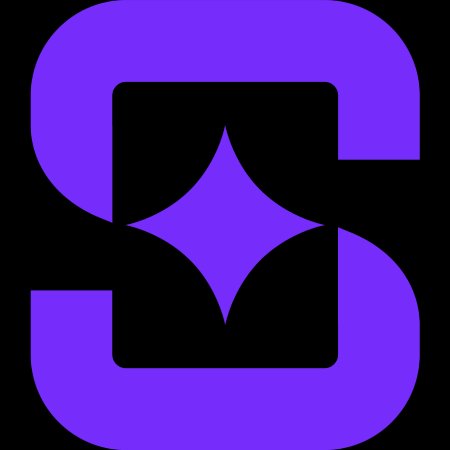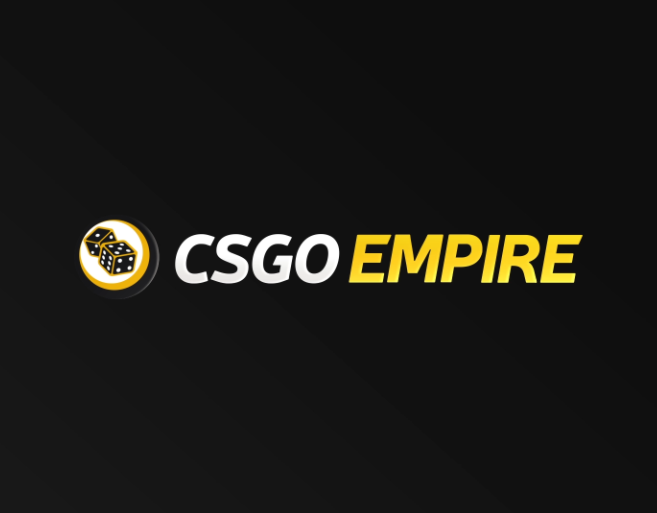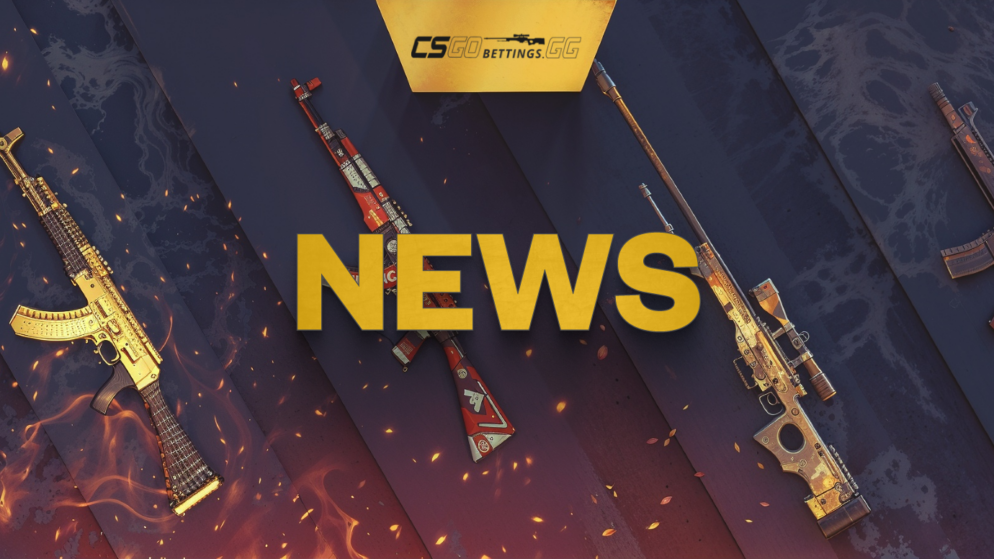
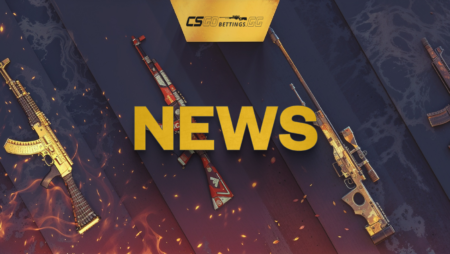
On July 28, Valve released a CS2 update introducing the full integration of AnimGraph2, along with targeted map adjustments to Overpass, Inferno, and Train. These changes do not affect weapon balance or economy, but they impact the frame structure of movement, aiming transitions, and site interaction timings. This alters round-phase behavior, utility sequencing, and positional decision-making.
AnimGraph2: Frame and Movement-Level Adjustments
AnimGraph2 replaces the legacy animation handling system with new rules for strafe timing, stance transitions, and accuracy recovery.
- Strafe-to-aim stabilization reduced by 4–7 frames across standard movement types.
- Landing recovery shortened by ~16ms, affecting mid-air AWP flicks and post-jump transitions.
- Crouch-to-stand animation completes two ticks earlier, impacting jiggle-peek models.
Impact: Entry setups relying on precise movement windows (especially AWP-led) will require retuning. Utility overlap must be shifted ~50–80ms forward to maintain synchronization on retakes. CT-side off-angle setups will see reduced consistency in forced re-peeks.
Overpass: Changes in Retake Geometry
On B-site, the glass near door-entry now uses a new shatter model. This affects grenade bounce visibility and predictability. Heaven boost movement has a slightly increased view model recovery lag (~0.08s), impacting 2v2 post-plant crossfire calibration.
Visual contrast changes around toilets and long introduce risk to secondary AWP angles. CT players engaging from the secondary peek lose half a frame of headbox alignment on wide swings.
Inferno: Positional Adjustment and Rotation Speed
Default-box alignment on A-site has shifted slightly. Entry from arch/long now gains improved line of sight toward default. Library-to-site rotation has a faster stance transition (~300ms), enhancing late-round passive setups.
Teams using structured long control will benefit. CTs reacting through library suffer slight timing losses in retake posture. This skews the advantage back to disciplined split-timing execs.
Train: Visual Rework and Passive Angle Reduction
Train has been updated in matchmaking and the map editor but is not in Active Duty. Ivy receives texture adjustments reducing pixel-gap visibility. Z-connector lighting rework makes player models more visible earlier (~2–3 frames). The back-B AWP position loses viability due to occlusion angle change.
While not relevant for current official matches, demo analysts and academy staff should monitor how utility precision changes in blind-entry zones.
Strategic and Trading Implications
- Frame-based peeking and movement models require recalibration – especially for pistol and force rounds.
- AWP retake setups are weaker on high-frequency maps due to animation latency realignment.
- Overpass and Inferno will show increased variance in 2v2/3v3 situations – affecting round total predictability.
- Teams with structured utility planning (e.g., Vitality, Spirit) will adjust faster and maintain post-patch edge.
Conclusion
The July 28 update modifies movement and combat timing at a mechanical level. While no economy or weapon changes were made, the animation layer now demands adjusted pre-match models, utility timings, and crossfire assumptions. These shifts will affect round resolution logic, especially on Overpass, Inferno, and hybrid-control maps.
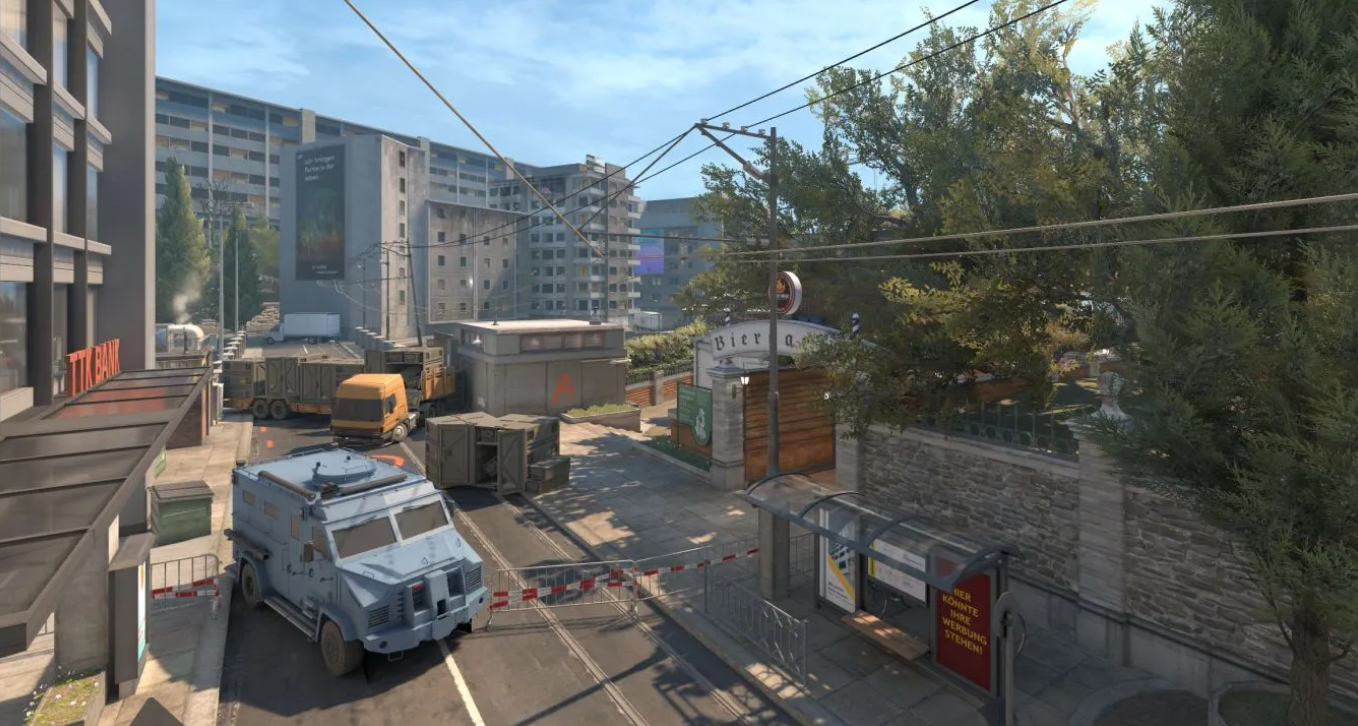

|
Mary S Colbert is a Chief Content Editor at csgobettings.gg, specializing in CS2 with over 8 years of experience as an e-sports analyst. Her informative articles on the game have made her a go-to resource for fans and her expertise is widely respected within the industry.
|



